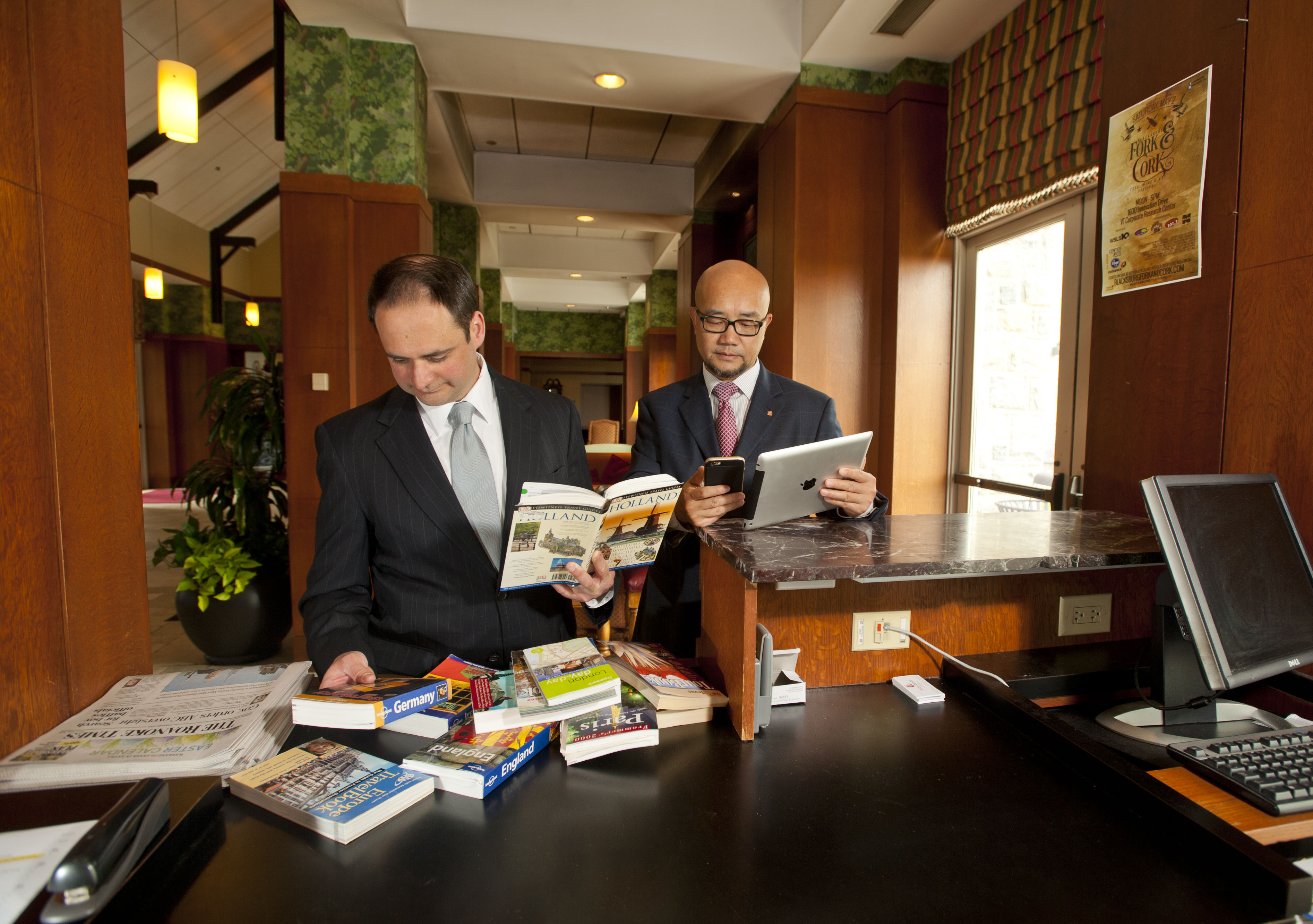Hospitality researchers focus on Internet’s impact on travel planning

With summer travel season in full swing, vacation planners are busy making transportation and lodging arrangements and researching restaurants, tours, and other activities.
And they are doing much, if not all, of it on the Internet.
The Internet has dramatically changed travel and travel planning, said Pamplin College of Business hospitality and tourism management researchers Zheng Xiang and Vince Magnini.
Xiang and Magnini, along with Daniel Fesenmaier, of the University of Florida, reviewed a number of studies on how U.S. consumers use the Internet and its related technologies for travel planning and reported their findings in a recent journal article.
The findings of these studies, the co-authors said, have practical implications for travel and tourism businesses. They noted several trends.
Though plane tickets, hotel rooms, and rental cars continue to be the dominant travel purchases online, “growth in these segments has flattened, leaving little room for further development.”
Consumers are changing how, when, and where they conduct information searches, given the “anytime, anywhere” availability of the Internet through smartphones and tablets.
For example, printing maps and driving directions off the Internet is declining, the authors said, likely due to the growing reliance on GPS or location-based services on smartphone apps.
With Internet ubiquity, travelers are also postponing many decisions that they used to make before departure — content to consult the Internet for eating or shopping possibilities, for example, upon arrival.
“Electronic word-of-mouth” — through social media, photo and video sharing sites, and travel websites that offer consumer comments — has become a significant part of travel planning, helping to “influence consumer perceptions, intentions, and decisions.”
Despite the Internet’s dominance, the researchers noted that traditional media such as TV, radio, and movies remain relevant and play a complementary role, contributing to the diversity of information sources.
The findings also indicate an emerging “bifurcation” among travelers: those who are content to use their habitual sources of information and channels of transactions, and those who “engage through social media and mobile devices and shop for their travel needs through multiple channels, online and offline.”
Read the full story, including the implications for travel and tourism businesses and the research questions ahead, and more in the 50th anniversary commemorative issue of Virginia Tech Business.




